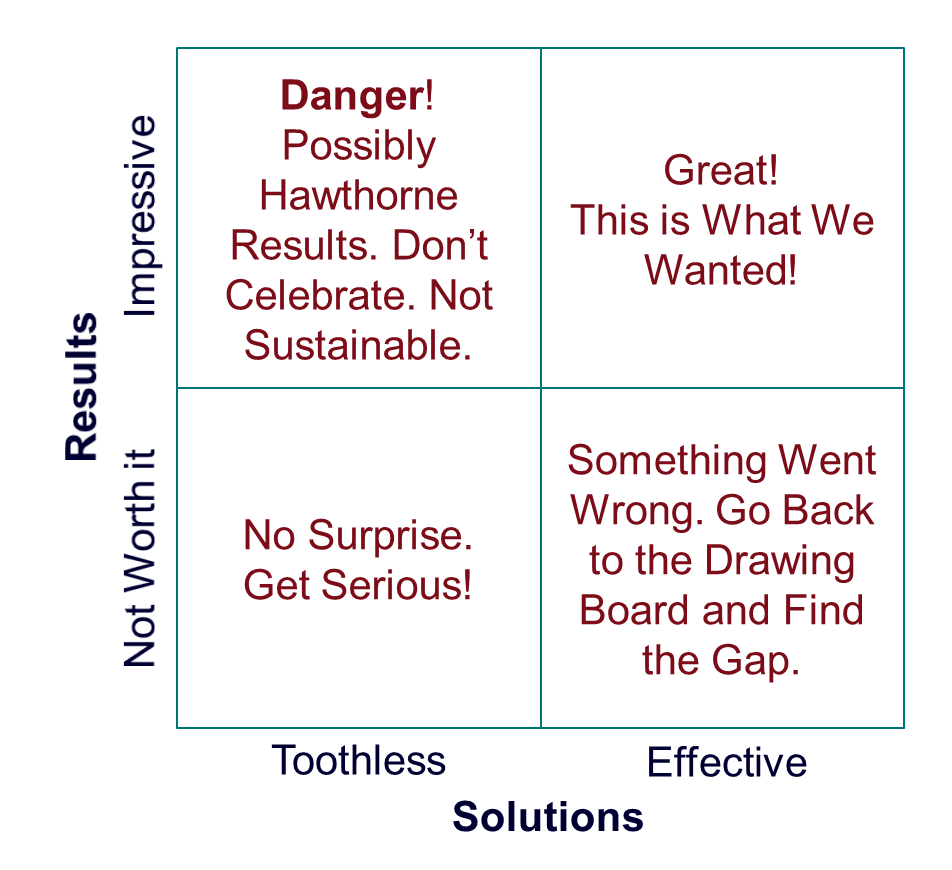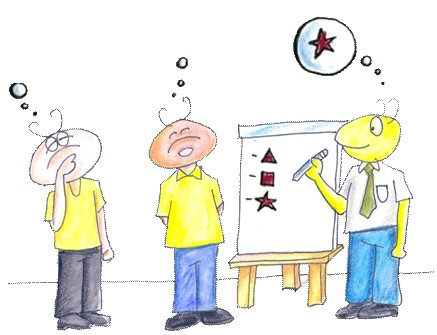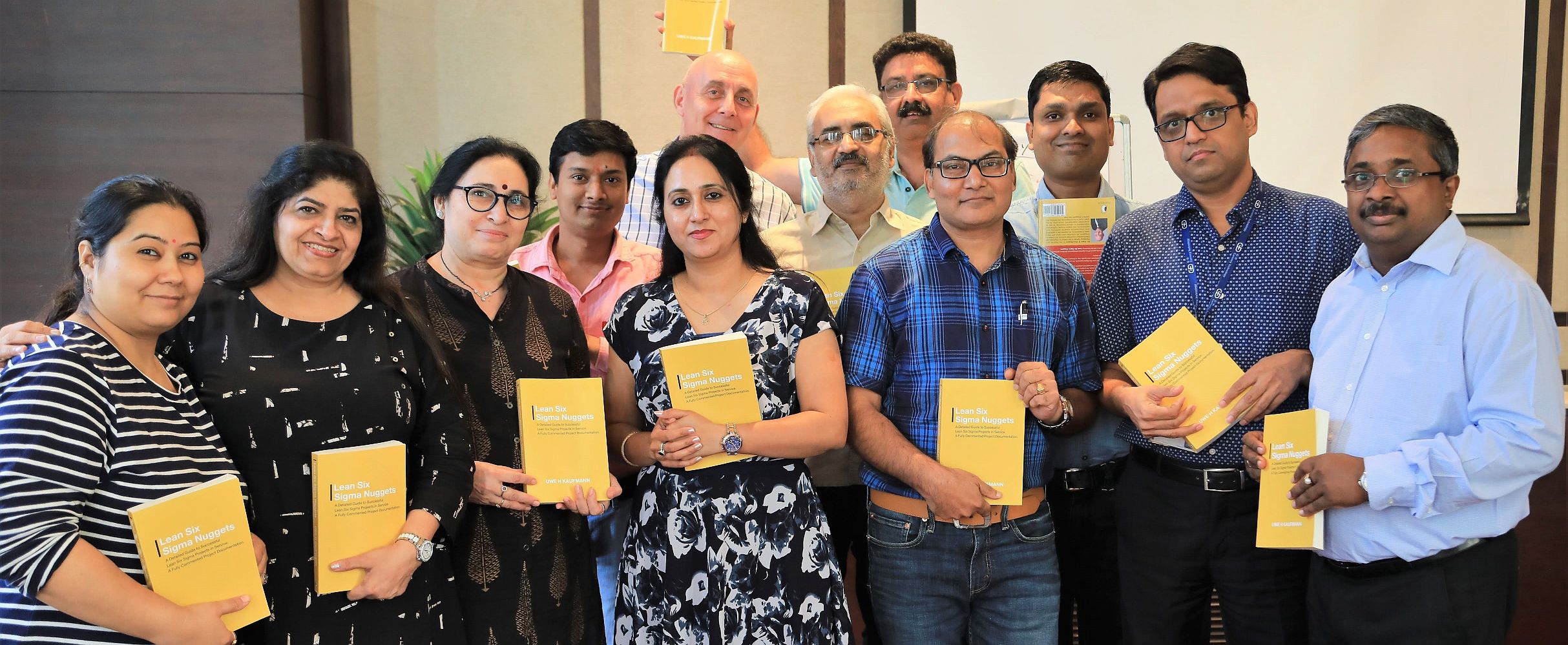
Lean Six Sigma (LSS) has proven to be a methodology that can add measurable benefits to organisations, However, it has...

Lean Six Sigma (LSS) has proven to be a methodology that can add measurable benefits to organisations, However, it has...

“We have great news for you. Our project is delivering results already.” The team is all smiles when they give...

Each improvement project undergoes two general phases, As-Is and Should-Be. Analysing is about understanding the problem, identifying and confirming the...

Project selection for improvement is taken rather seriously. Some companies have even developed highly sophisticated methods for to ensure project...
Over the last decade, companies and organisations in nearly every industry all over the world have introduced Lean Six Sigma...

You will know when Six Sigma is finally part of your organisation’s bloodstream because it will no longer be necessary...

Copyright © 2026 by COE Pte Ltd. All Rights Reserved.